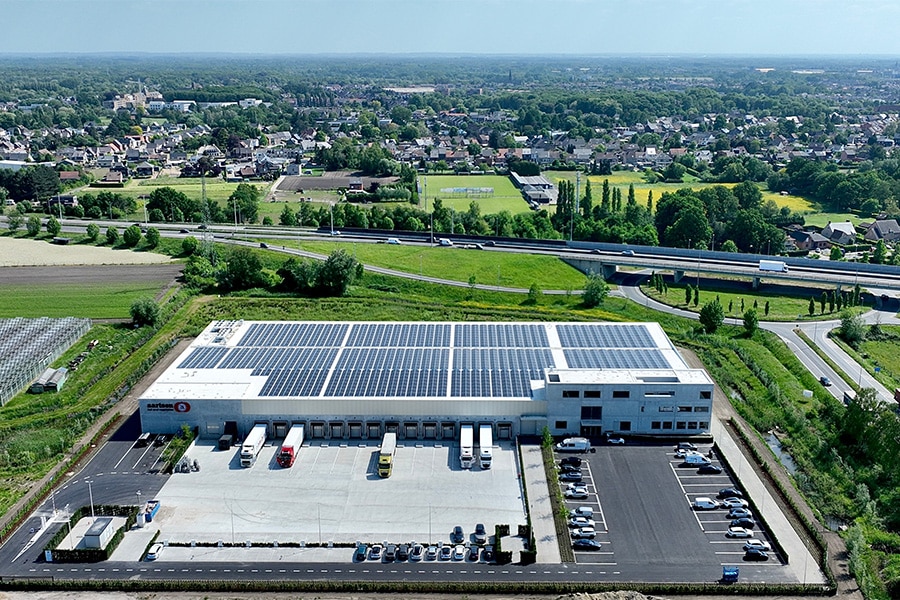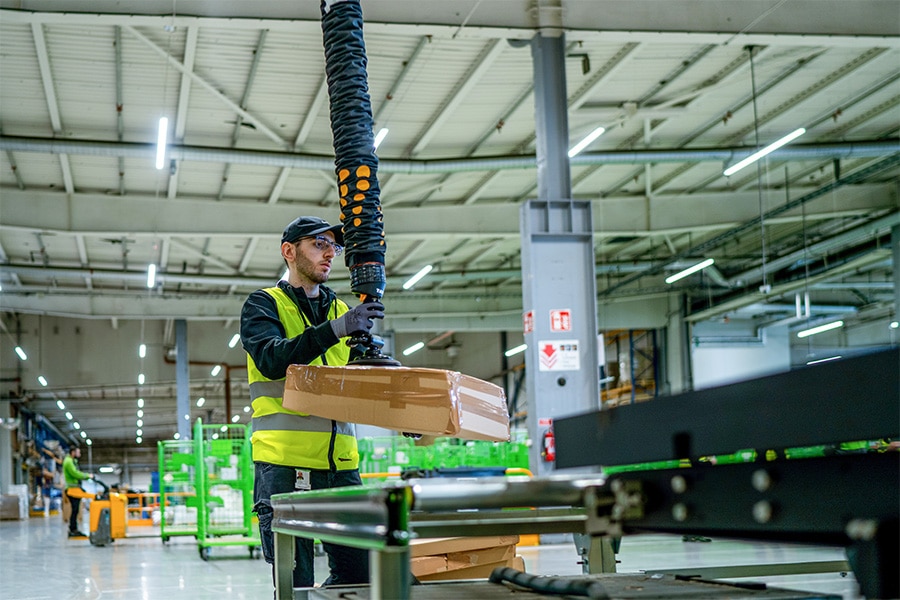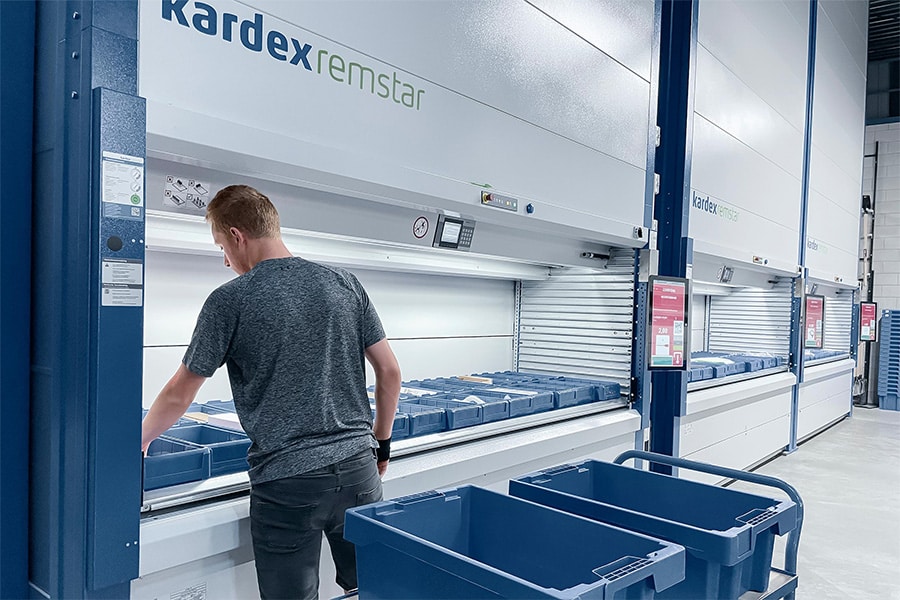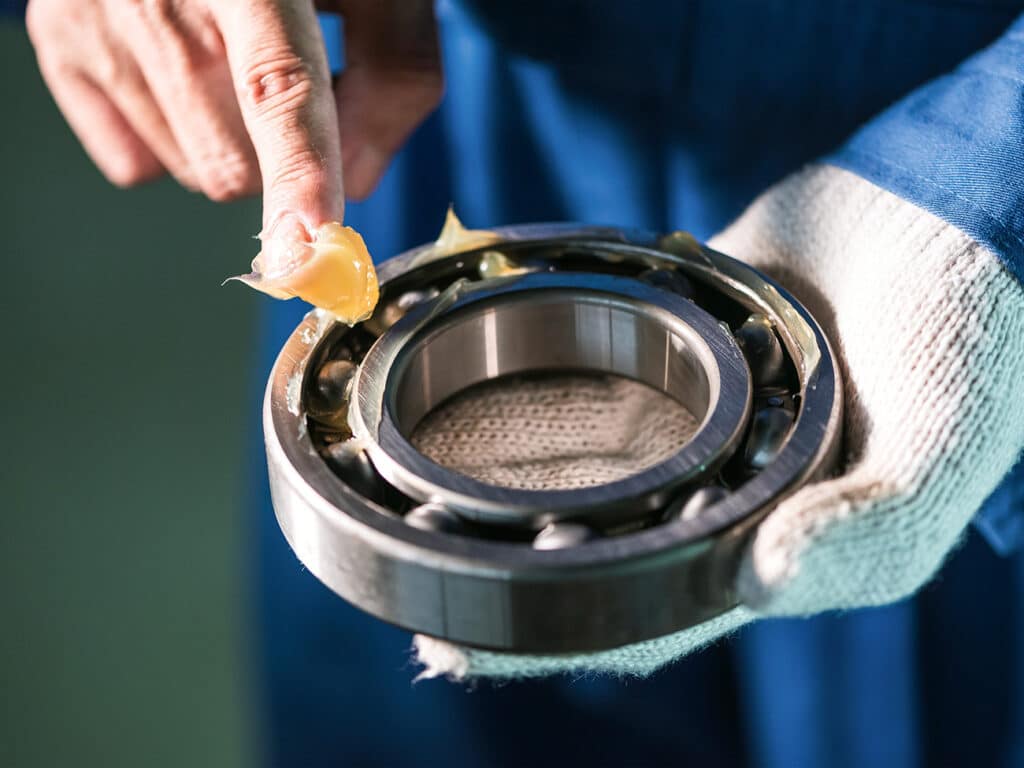
Mission: provide clean alternative to oils and lubricants
Agealube helps you work green and sustainably
Reducing one's carbon footprint can be done very well with Agealube's range of refined products. With this own brand, GVG Oliehandel wants to offer the market a clean alternative for oils and lubricants, says director Ernst van Gelder. The Nijmegen-based company is also known as a Benelux importer of Aspen, the clean alkylate gasoline for engines in hand-held machines.
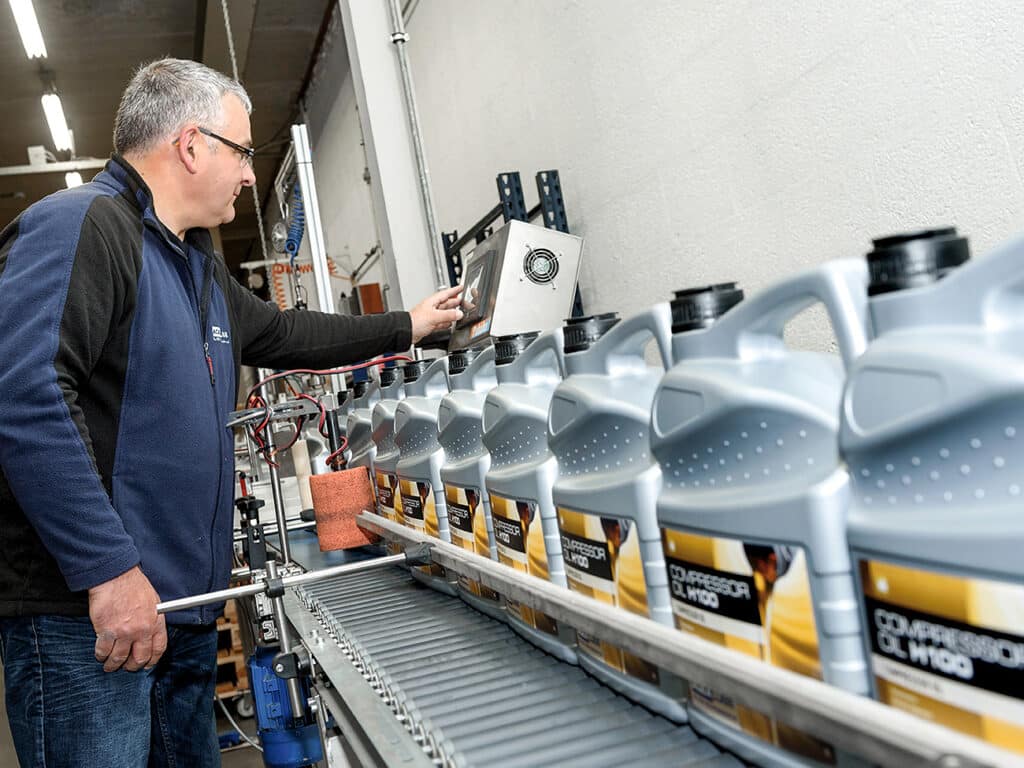
Agealube offers lubricants, cleaners, greases, not to mention Eco Diesel, as well as related technical solutions for proper oil management. Often these products exceed machine specifications, which makes them widely applicable. Handy at a time when the word greening is on everyone's lips and plays a role in more and more tenders. Biodegradability is important: spilled lubricants or a hydraulic hose coming loose can cause minor environmental disasters. In short: today it is not only about the maximum technical performance of products, they must at the same time minimize environmental and health impacts.

Now that is often a difficult combination, and it is exactly on this point that Agealube has made its case. Ernst van Gelder comments, "We develop products to protect our living environment, without compromising on technical qualities. Our strong point is that we can handle small volumes very well. That makes us interesting for many OEM manufacturers in the earth-moving machinery sector, agriculture, etc. In addition to a complete standard range of lubricants, our strength lies in developing and marketing refined products for special applications."
Sustainable as a choice
Ernst van Gelder identifies a clear change in the market: "You see the awareness of sustainable working and biodegradable products increasingly evident. Take our hydraulic oil, for example. We have three different 'flavors'. One is more sustainable, cleaner and more responsible than the other, but we leave the choice with the customer. Fortunately, we see more and more that the cleaner or even cleanest step is chosen!"
The first step Ernst is talking about is the "normal" version, not cleaner or better for the environment. Just good. The third is the 'cleanest' version, which is high quality, biodegradable and even Ecolabel certified. But there is also an intermediate step, the hybrid version, as they affectionately call it themselves. "This version is a lot cleaner and better for the environment," Ernst says. "An additional advantage is that it is toxin-free and therefore non-polluting in water, so an unfortunate leak will not cause environmental pollution problems. This version offers a perfect balance between cost, quality and at the same time minimizing environmental and health impacts. In addition, the product is extremely high quality technically, which means you don't have to change it as often, which again saves on costs."
Increasingly advisory role
Finally, Ernst sees his staff taking on more and more of an advisory role towards machine users. After all, more and more oils and lubricants can be used, which is why choosing the right products requires extra knowledge and know-how. Who better than the developer to provide that specific information? Machines run longer and cleaner when the right lubricants, (hydraulic) oils and the like are applied and that appeals to more and more users and owners, but also (large) machine manufacturers. Because it contributes to a (considerable) extension of maintenance intervals and that is an important added value for many companies. Who said it again: time is money?
